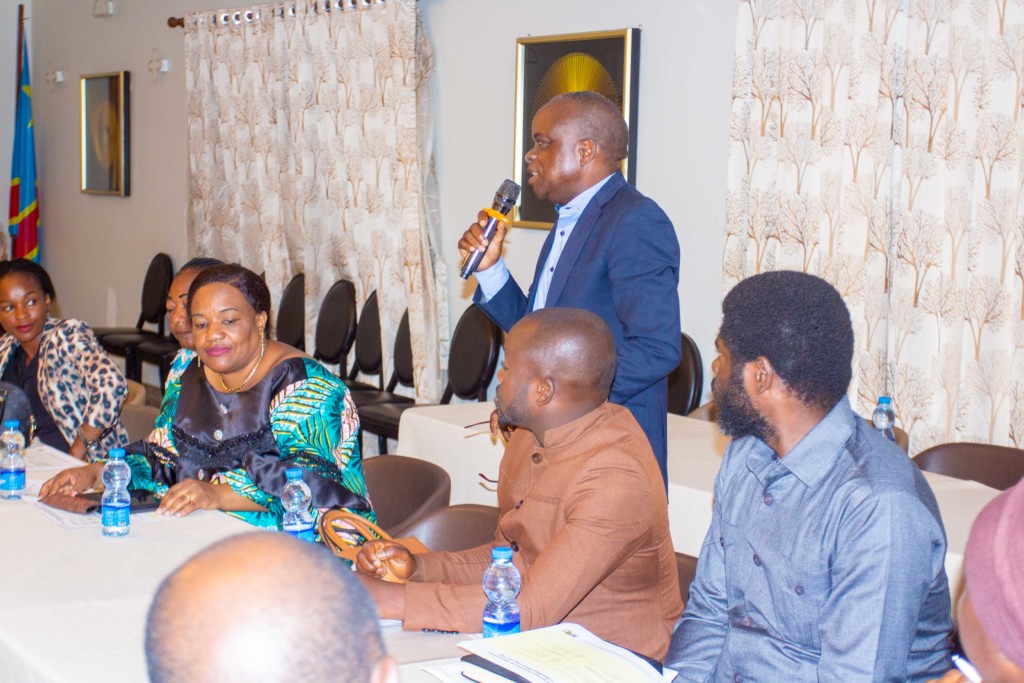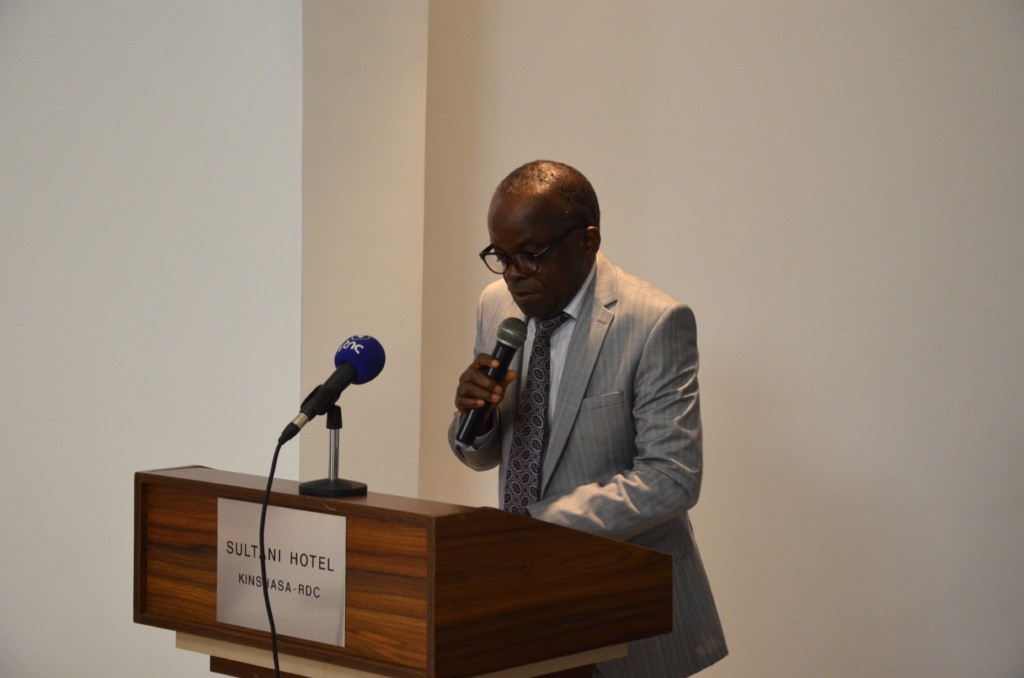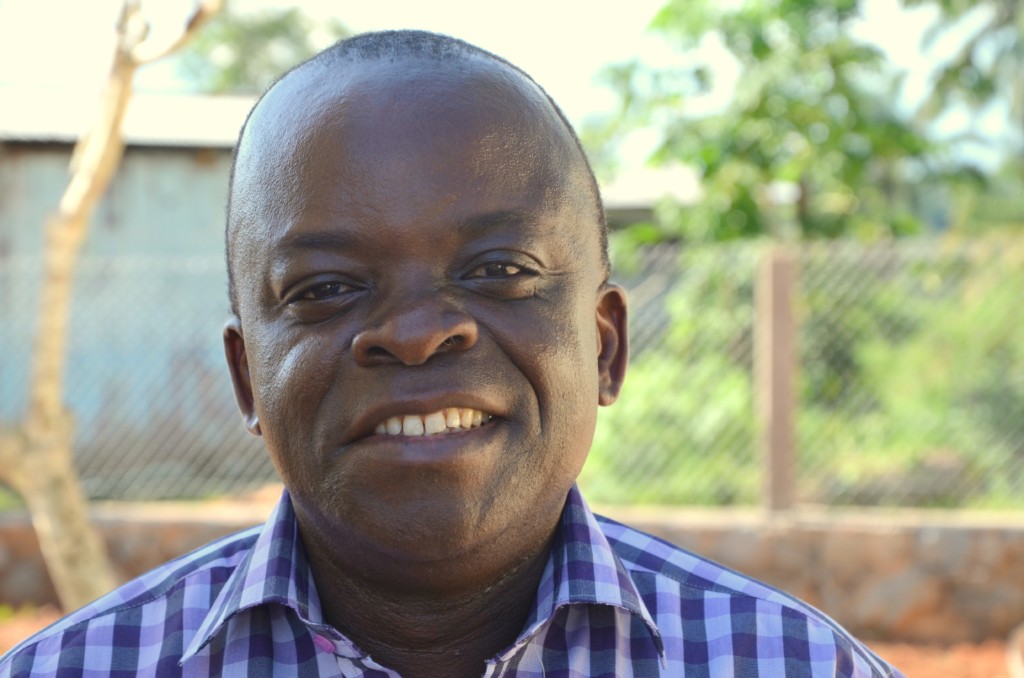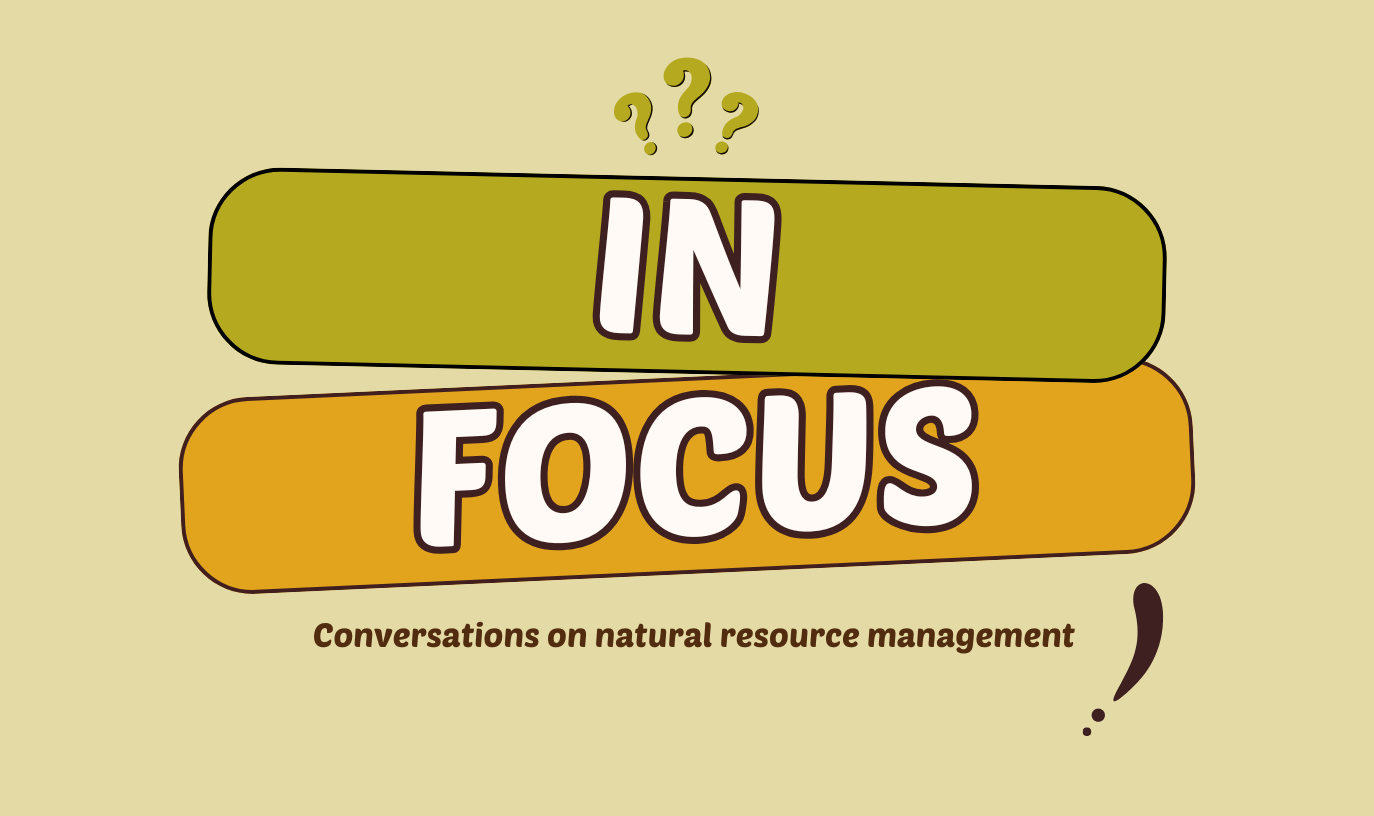Welcome to the first installment of our In Focus series, where we explore the key issues shaping responsible mineral supply chains. Through expert interviews, we highlight the challenges, innovations, and practical solutions emerging from our work with governments, the private sector, and artisanal miners themselves to support their communities.
This series offers insights from IMPACT’s team members and partners across our five focus areas: regulatory and legal reform, supply chain transparency, illicit trade, gender equality, and environmental stewardship. Dive into in-depth discussions on aligning policies, building stakeholder collaboration, and advancing equitable practices in the artisanal mining sector.
Our first conversation features Félicien Mbikayi, IMPACT’s Country Representative in Democratic Republic of Congo (DRC). With nearly 30 years of experience in natural resource governance, Félicien shares his insights on how fiscal regimes can drive smuggling, the role of transparency in ending corruption, and the complexities of aligning stakeholders across sectors to achieve meaningful reform.
Félicien has been an essential part of IMPACT’s work for many years. Initially, he supported transparency efforts in the diamond sector as a close civil society partner before joining our team. His expertise spans the intricacies of DRC’s mineral supply chains, navigating complex political landscapes to promote responsible trade practices. Recently, Félicien has led efforts to increase transparency in the artisanal cobalt and gold sectors, fostering collaboration among policymakers, traders, and miners to advance fiscal reform.
Félicien’s ability to bridge sectors and build trust has made him a key figure in IMPACT’s work. His leadership in multi-stakeholder consultations continues to drive reforms that reduce corruption and strengthen transparency, helping create more responsible and sustainable supply chains across DRC.
For years, IMPACT has implemented projects for responsible supply chains, as well as undertaken research to understand the drivers of mineral smuggling. One of its key findings is that the taxes a country sets can contribute to smuggling or corruption. How is that possible?
Félicien: The aim of any businessman or businesswoman is to make a profit. But when this objective is far from being achieved, and taxes are taking the lion’s share of what they can earn, they can be tempted to take indirect or illicit routes to increase their profit. In the minerals sector, this includes corruption to enable the smuggling of minerals to bypass taxes.

For example, in the artisanal gold mining sector, particularly in eastern Democratic Republic of Congo, the numerous high taxes and informal payments demanded by the tax-collecting authorities mean that exporters tend to smuggle their products out of the country via neighbouring countries, notably Rwanda and Uganda, where export taxes have been reduced to almost zero.
There is a lot of discussion on cross border smuggling within regions. What is the role of fiscal regimes within neighbouring countries in smuggling? How can the harmonization of laws help?
Félicien: While there are some actors who are interested in working legally, what we’ve seen is that if a commercial player knows that the tax rate in a neighbouring country is very low, they will do everything they can to ensure that their goods pass through that country and are considered as being produced there. This way, they pay less and have a much higher profit margin.
For example, DRC imposes an export tax of 3.5% on all gold exports. That export tax, added together with other required payments, resulted in 26 administrative steps commercial supply chain actors had to go through when exporting the Just Gold project gold from Ituri Province—to ultimately pay up to 12% of the gold’s total value. Over the same period, when gold was mined in Ituri and then exported from South Kivu, this amount approached 19% once transport costs were factored in.
Meanwhile, during the same period, neighbouring Uganda imposed a 5% royalty on the value of the quantity of gold extracted, rather than an export tax. This was bound to attract actors who were interested in increasing their profits by smuggling gold. IMPACT’s research has found that some exporters in DRC stay under the radar of authorities by only declaring a small percentage of their exports to increase their profits.
Countries need to harmonize their laws to incentivize legal trade and dissuade smugglers from seeking jurisdictions with lower tax rates.
In some cases, artisanal mining actors are paying informal taxes or fees thinking that they are legal. In some cases, these informal taxes are so embedded that they are considered more formal than some other legal ones. How does it occur that informal taxes and fees can be so widely paid?
Félicien: These informal taxes and fees are paid for several reasons, including the fact that the actor who pays doesn’t know whether the tax is legal or not. Even if the actor knows it’s illegal, if they don’t pay, their goods will be blocked from accessing the market.

For example, an artisanal cobalt mining cooperative must pay SAEMAPE (the agency charged with supporting artisanal miners), between $5,000 USD and $10,000 USD, depending on whether it is located in Haut-Katanga or Lualaba Province, for technical advice on installations at the mine site. If these fees are not paid, the cooperative will not be set up in an artisanal mining area, even though this payment has no legal basis and is considered informal or illegal.
So, to address this question and create change, all the stakeholders involved in the supply chain need to come together: policymakers, state technical services, traders, and artisanal miners.
IMPACT has been using transparency as a tool to address the corruption within Democratic Republic of Congo’s mining sector. How can transparency support fiscal reform and support a more responsible supply chain?
Félicien: A major issue we’ve seen is the lack of transparency that fosters corruption. If actors don’t know if they are being charged illegal payments—this contributes to the problem.
So first, everyone needs to understand what taxes and fees are legal. This information needs to be public, known by all actors involved, and payments need to be made transparently. As part of its work, IMPACT conducted multi-stakeholder consultations across DRC, bringing together artisanal sector players and government representatives to map these taxes for gold and cobalt. We’ve already seen how actors in the gold sector are able to use this information to deter informal payments.
One reform for the minerals sector in DRC that stakeholders have suggested and are exploring is a “guichet unique,” which is a single payment point for all required taxes. This allows transparency and decreases the opportunity for corruption, with everyone knowing what to pay, to whom, why, and how often.
In this way, transparency would greatly support tax reform by minimizing corruption.
In its work, IMPACT has been leading multistakeholder consultations across Democratic Republic of Congo with artisanal sector actors as well as government representatives. What are some of the challenges of bringing these different stakeholders together to discuss fiscal reform?
Félicien: While we have found all the stakeholders willing to engage on the topic, there are some very difficult systemic barriers for us to be able to overcome corruption and push for fiscal reform. For example, one of the largest challenges is the lack of government financial support for mining services such as SAEMAPE, as well as the very low salaries offered to these technical agents who are supposed to enforce these laws.
These agencies and their agents essentially live on fees in support of services rendered, support from technical and financial partners, and to a certain extent—subsidies from the Congolese government. As a result, these informal or illegal payments are vital for them to overcome this real difficulty.
Another challenge is the absence of sanctions for government agents who engage in this kind of practice. Policymakers are also complicit and financially benefit from the status quo so there isn’t much incentive to create change.
However, there are encouraging signs. During our discussions and workshops, the technical services, namely SAEMAPE, CEEC, and the Division of Mines have committed to supporting reforms aimed at reducing corruption within mineral supply chains. While these reforms won’t happen overnight, building collaboration between government, the private sector, and artisanal miners is an essential step toward creating a more transparent and sustainable mining industry.

Meet Félicien Mbikayi
Félicien is IMPACT’s Country Representative for DRC. Based in Kinshasa, he is the organization’s liaison with government officials in DRC, as well as advocacy and strategic directions to support the implementation of IMPACT’s vision in the country. He builds relationships with decision-makers and stakeholders, promotes IMPACT’s projects, and monitors the political climate in the country.
Félicien has close to 30 years’ experience as a project manager, consultant, and facilitator specializing in rural development and natural resource management. He previously served as the Kasai Oriental province Focal Point for the DRC Natural Resources Network, as Secretary General for the National Council of Development NGOs and was a member of the Extractive Industries Transparency Initiative (EITI) technical committee in DRC for five years. Since 2005, he has also been president of a group to support citizen participation in the management of natural resources in DRC. Félicien completed an advanced degree in rural development from the Institute of Rural Development in Bukavu, DRC.

